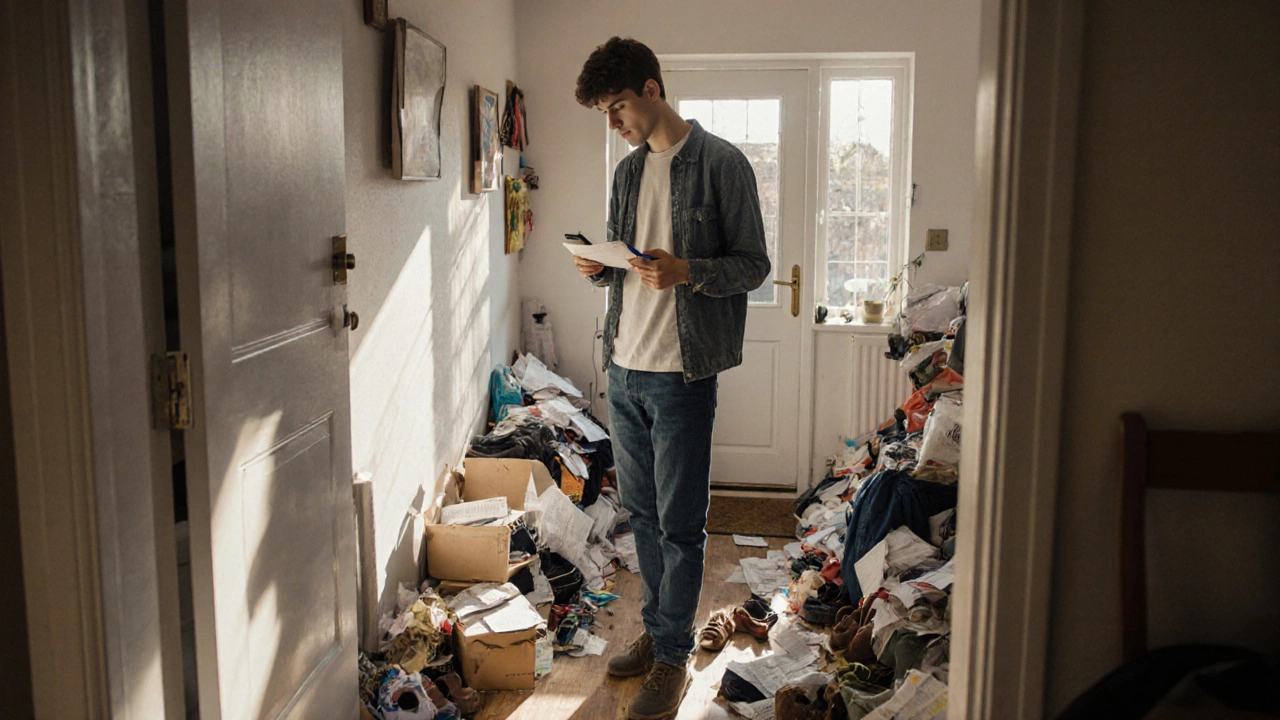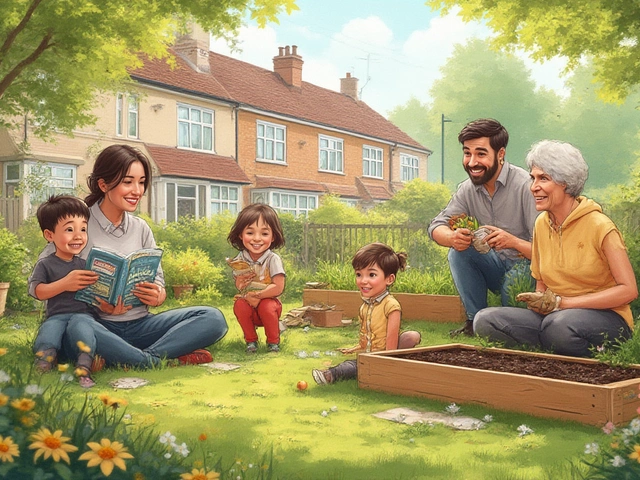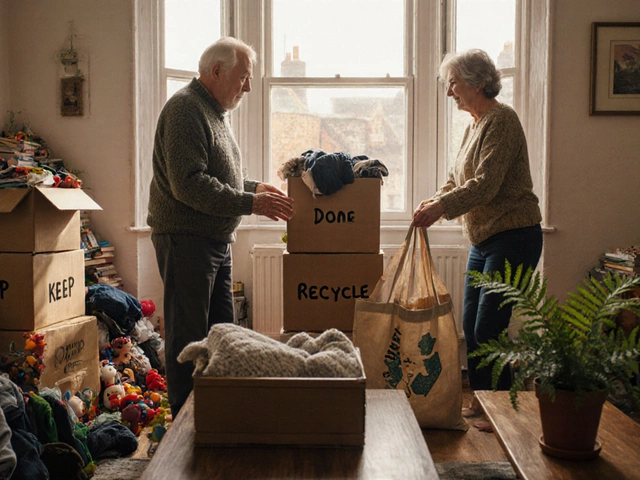Declutter: Simple Ways to Clear Clutter and Find Calm
When you declutter, the intentional act of removing excess items to create physical and mental space. Also known as clutter reduction, it’s not about perfection—it’s about keeping only what you use, love, or need. Most people think decluttering means buying new storage bins or spending a weekend sorting through boxes. But real change starts when you stop seeing stuff as safe and start seeing it as noise.
Decluttering connects directly to minimalism, a lifestyle focused on intentionality over accumulation. It’s not about owning fewer things for the sake of it—it’s about making room for better experiences. Think of it like turning down the volume on your environment so you can hear yourself think. The same principle applies to your closet, your kitchen counters, and your digital files. You don’t need to live in a white-walled apartment to be a minimalist. You just need to ask: Does this add value, or just take up space? And when you start asking that question, you begin to see how organizing, the process of arranging items so they’re easy to find and use. Also known as systemizing your space, it’s not about matching bins or color-coding labels—it’s about building habits that stick. One person keeps their spices in a drawer with labels. Another uses a single shelf for all their books. There’s no right way. Only the way that works for you.
Decluttering also ties into sustainable living, reducing waste and consumption to lessen environmental impact. When you stop buying things you don’t need, you stop contributing to landfills, overproduction, and fast fashion cycles. That old sweater you never wear? Giving it away or selling it keeps it out of a landfill. That extra mug collecting dust? It’s not storage—it’s a missed opportunity to simplify. The posts below show how people cut clutter in their homes, wardrobes, and routines without drastic changes. You’ll find real stories: how someone cleared their kitchen to cook more, how another person stopped buying clothes for three months and saved money, how a family reduced their trash by half using one simple rule. This isn’t about becoming a monk. It’s about making your space feel lighter, your decisions easier, and your days less chaotic. What you’ll find here are practical, no-fluff methods that actually work—because they’re tried by real people, not Pinterest influencers.
How to Choose the First Room to Declutter - Proven Home Organization Tips
Categories
RECENT POSTS
How to Find Your Ideal Work-Life Balance in 2025
Discover how to create an ideal work-life balance with proven strategies, helpful tips, and real-life facts to boost your happiness and productivity in 2025.
Is Traditional Home Decor Making a Comeback? Vintage Styles & Timeless Charm for Modern Homes
Is traditional home decor back in style? Explore how vintage charm, classic patterns, and timeless furniture are transforming modern interiors and winning hearts again.
Easy Gardening for Beginners: How to Start a Garden from Scratch
Discover practical and friendly steps for starting a garden easily, with beginner tips, plant choices, soil advice, and ongoing care for a thriving backyard paradise.
Effective Steps to Clean Out a House Full of Junk
A step‑by‑step guide to declutter a junk‑filled home, covering sorting, donation, recycling, junk‑removal services, and long‑term upkeep.
What Is the Most Harmful Product to the Environment?
Single-use plastic is the most harmful product to the environment-not because it's the only polluter, but because it's everywhere, lasts forever, and we've been misled about how to fix it. Learn why it's worse than coal, oil, or fast fashion.





